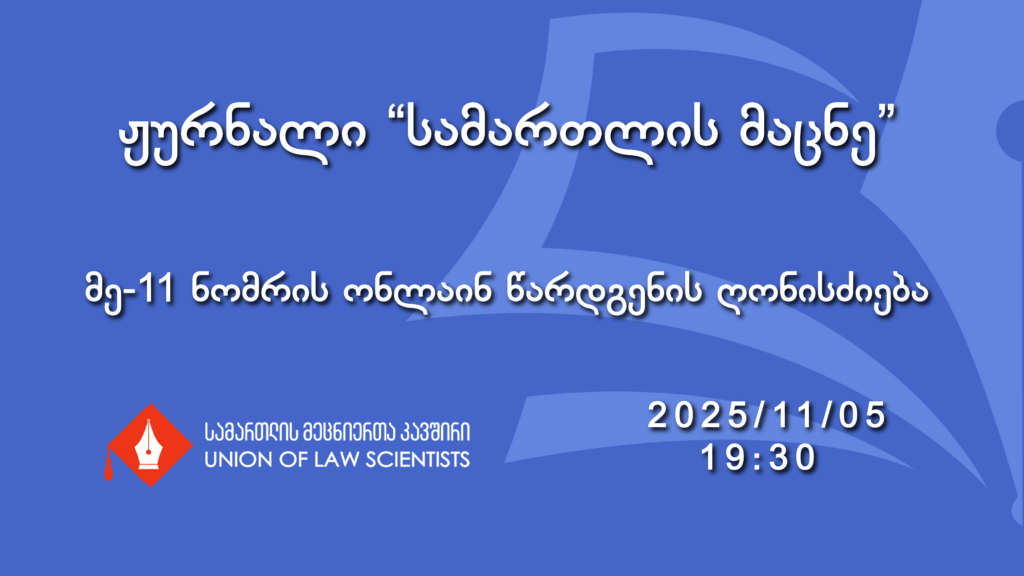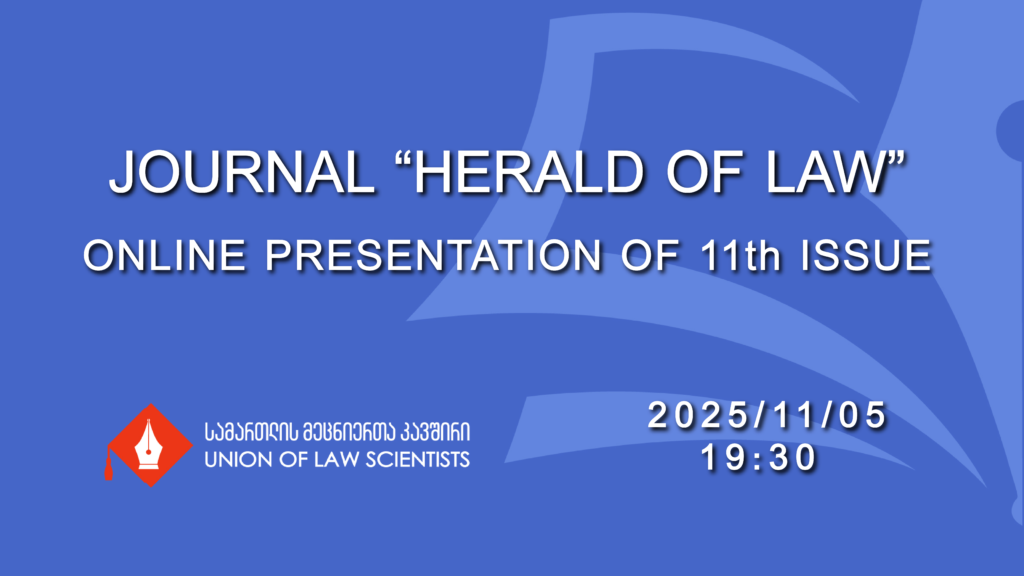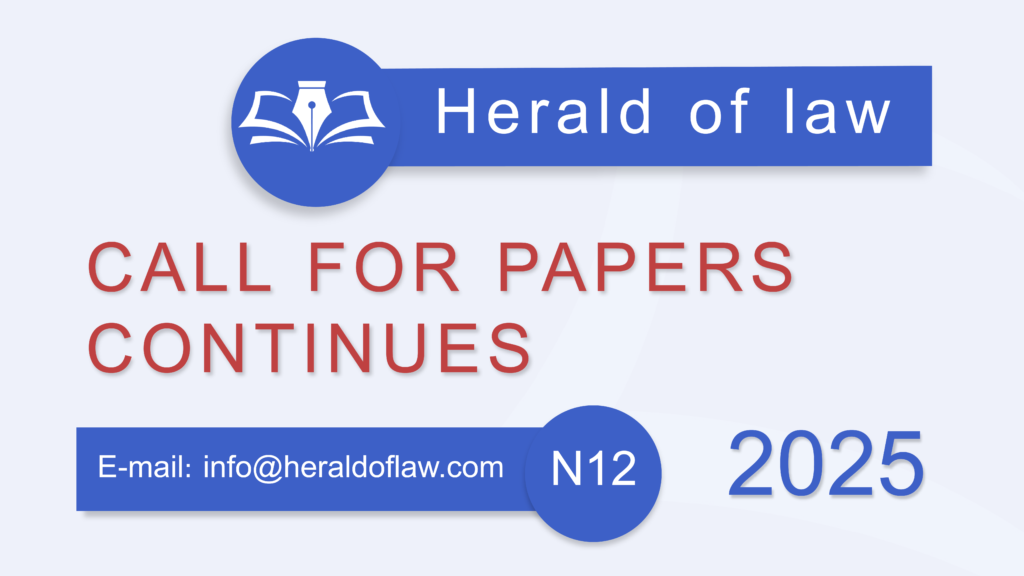Impact of Public Administration Reform (PAR) on the Quality of Municipal Servcies in Georgia and Their Relevance to the Good Governance Principles
Abstract:
The article attempts to highlight, on the one hand, the relation between the quality of public services developed and delivered at the local level and the public governance in Georgia, and on the other hand, compares it with scientific theories and Good Governance practices.
The article analyses the impact of the steps taken by the central government of Georgia in the framework of Public Administration Reform (PAR), on public services developed and provided by local governments.
Public service quality models and public administration practices are also discussed.
Research shows that Public Administration Reform is mainly focused on public services provided by the state institutions and to a very small extent on municipal services.
Assessment of the quality of municipal services demonstrates that municipal public services still do not meet even the minimum standard of quality and access to a number of services at the municipal level still remains challanging. Among them, there are no clearly defined standard operation procedures for designing and delivering services, they do not have any instruments to mesure the quality of the services provided be the LSGs, even they do not held public satisfaction survey. Moreover, limited finances to provide high quality services remains as the main obstacle.
Since public administration, along with public policy development and management, involves the delivery of public services to citizens, it is clear that the low quality of public services is one of the most important criteria for evaluating the existing model of public administration and refers to its ineffectiveness.
The article is aimed at the audience interested in local self-government and public service delivery issues.
Keywords:
Self-Government, Decentralisation, Standard










